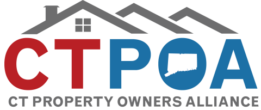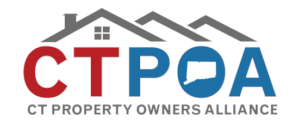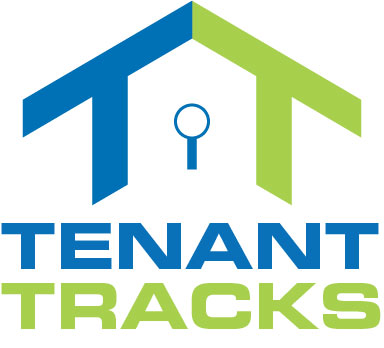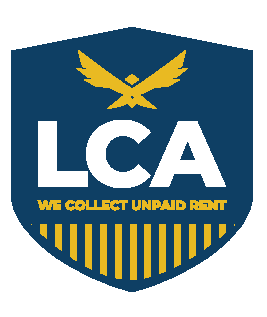There have been some important changes to the state’s landlord-tenant laws in 2023. These changes are aimed at protecting tenants and making rental housing more affordable.
As a landlord, it is important to be familiar with these new laws to avoid any legal issues. This article will provide you with a summary of the key changes, as well as some tips on how to comply with them.
Here are some of the key changes to the Connecticut landlord-tenant laws in 2023:
- Limiting the amount that landlords can charge for tenant screening fees: Landlords can now only charge up to $50 for a tenant screening report, plus any inflation costs.
- Return security deposits and interest within 21 days: Landlords who fail to return security deposits within 21 days are liable for double the amount of the deposit.
- Prohibiting landlords from charging move-in or move-out fees: Landlords can no longer charge tenants fees for moving in or moving out of a rental property.
- Requiring landlords to offer tenants a pre-occupancy walk-through: Landlords must now offer tenants the opportunity to conduct a walk-through of the rental property before they move in. This will help to document the condition of the property and prevent disputes over damage.
- Sealing certain eviction records: Eviction records that resulted in a dismissal, withdrawal or judgment for the tenant will be removed from the CT Judicial Website within 30 days and may not be used by tenant screening companies.
- Capping Late Fees: Fees are limited to $50 or 5% of the rent whichever is less and the fee can only be assessed one-time
- Landlords of buildings (and owners of mobile home parks) with five or more units must provide tenants at the time of rental and renewal with a notice of the rights provided to elderly and disabled renters under C.G.S. 47a-23c (the “just cause eviction” statute). DOH is required to prepare and post a plain-language notice in English and Spanish.
- Discrimination based on sexual orientation: The exemption of one- to four-family owner-occupied buildings from the prohibition against sexual orientation discrimination is repealed.
- Security Deposit Guarantee Program: The bill expands the SDGP to any tenant with income below 60% of state median income. It continues to be available to any tenant served with a summary process writ or having a RAP or Section 8. The program is limited to its appropriated budget, however, and DOH is authorized to set priorities to stay within funding. A tenant with income above 150% of federal poverty level must pay half of one month’s rent to obtain a guarantee
- Landlord incentives to rent to Section 8 and RAP applicants: DOH is required to create a program to encourage landlords to rent to Section 8 and RAP applicants. Refusal to rent to such tenants, however, remains discrimination under the state Fair Housing Act. DOH must also do a study of ways to make the application process more efficient and reduce the time landlords must hold units open during that process. DOH must also “affirmatively seek” to spend its full RAP appropriation every year and not to hold back any appropriated funds.
- Standard leases: DOH is required to develop and post plain-language form leases in English and Spanish.
- Code complaint forms: Local code enforcement agencies are required to create code complaint forms in English and Spanish.
These changes are designed to protect tenants. If you are a landlord in Connecticut, it is important to be aware of these changes and to comply with the law. Join CTPOA to stay in-the-know about upcoming legislation and to support our efforts supporting landlords at the Capitol.








